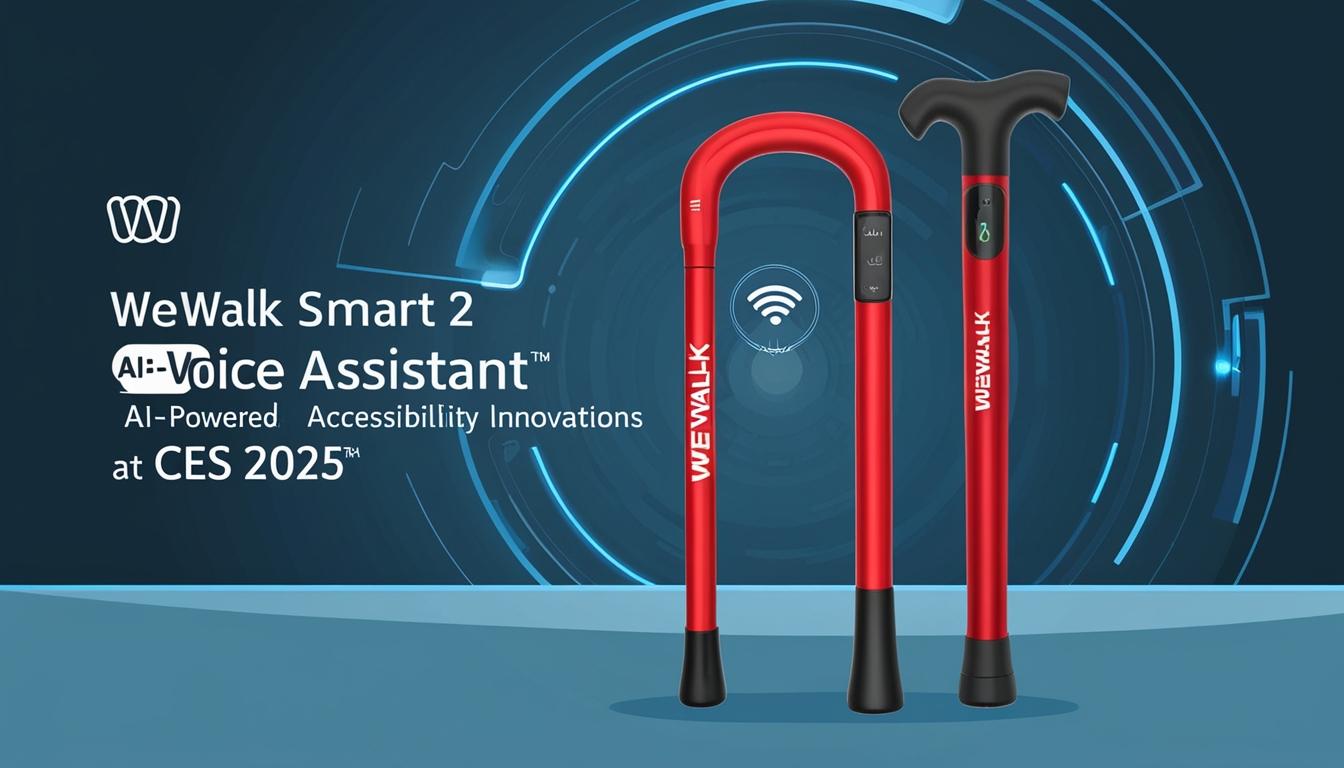As CES 2025 comes to a close, the spotlight shines brightly on innovations that integrate artificial intelligence (AI) into a multitude of consumer technologies. Engadget, in its latest coverage, highlights the variety of AI-powered products showcased at this year's event, reflecting a pronounced trend towards automation and enhanced user experiences across various sectors.
The standout product of CES 2025, awarded the title of best-in-show, was the WeWalk Smart Cane 2. This advanced mobility device, designed for people with visual impairments, incorporates a voice assistant powered by GPT technology, allowing users to interact verbally for navigation assistance. Its ability to provide turn-by-turn directions and alert users to potential obstacles marks a significant leap in accessibility technologies, eliminating the need for users to balance a smartphone while navigating their environment.
The recognition of smart and assistive technologies such as the WeWalk Smart Cane 2 underscores the growing emphasis on accessibility within the tech landscape. Speaking to Engadget, the event's panel noted that this cane is among the most "helpful applications of AI" presented at the show, which reflects a broader industry trend of creating technologies that not only automate tasks but also serve to empower underserved communities.
In the automotive realm, the much-anticipated Sony Afeela 1 electric vehicle (EV) has been generating buzz, having been featured at CES for five consecutive years. Now on the brink of launch, the vehicle boasts a maximum charging rate of 150 kW supported by a 91 kWh battery, offering an estimated range of 300 miles. However, concerns arise when compared to competitors, like the Lucid Air, which can charge at twice the speed and boasts a range exceeding 400 miles. The pricing, nearing $90,000, coupled with these performance metrics, has led to a critical eye from industry analysts, as articulated by automotive expert Tim Stevens during his commentary at the event.
Additional CES exhibits showcased an array of quirky and innovative gadgets, including solar-powered devices and emotional support robots, signalling an ongoing exploration of how AI can transition from niche applications to mainstream utilization. The exhibition also featured Samsung's updated frame TV line, featuring a Neo QLED display. This product moves beyond the traditional black-box appearance of televisions, allowing screens to blend seamlessly into home decor by displaying art when not in use.
Overall, CES 2025 illustrates a pivotal moment in technological advancement where AI automation plays a central role, not just in enhancing productivity, but also in addressing critical issues surrounding accessibility and sustainability. As companies continue to unveil products that leverage emerging technologies, industry forecasts suggest that these trends are set to shape future business practices in profound and lasting ways.
Source: Noah Wire Services
